Vintage Photos That Showcase The Defining Moments Of 1970
1970 marked the dawn of a new decade — a decade that would take on its own identity as the years progressed. While the 1970s as a whole were a very different time from the 1960s, it’s safe to say that the year of 1970 was still firmly entrenched in the events of the preceding decade.
Vietnam continued to drag on, geopolitics were as fragile as ever, and the countercultural movements of the 1960s continued to have ripple effects well into the ’70s. 1970 may have been the dawn of a new decade, but it wasn’t yet the dawn of a new era.
The Fab Four said goodbye.
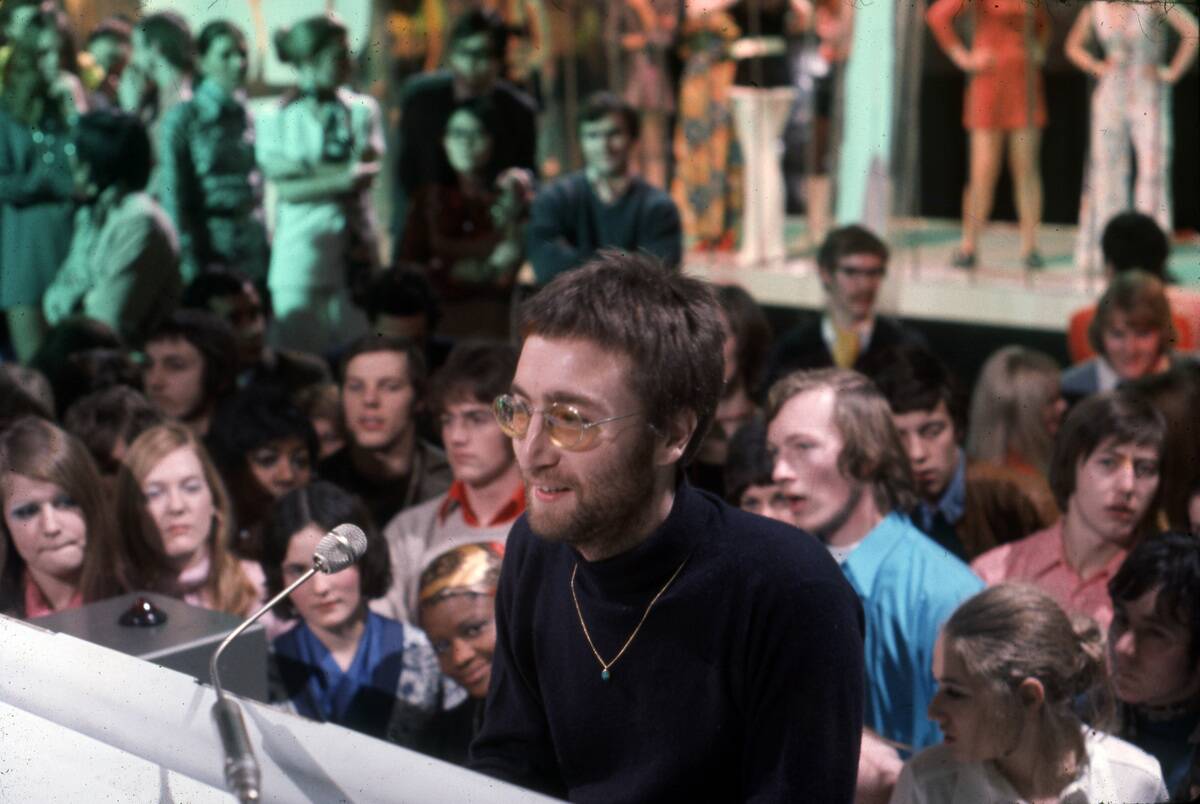
After John Lennon privately expressed his intention to leave the Beatles, the writing was on the wall for the Fab Four — and when Paul McCartney announced in April that he’d leave the band, it meant that this era-defining group was finished.
Even though fans had feared the breakup for months, if not years, the news was still shocking. John Lennon became the first Beatle to make a solo performance (seen here) following the breakup. While all four Beatles would launch successful solo careers, they’d never reunite as a foursome.
Students were gunned down at Kent State.
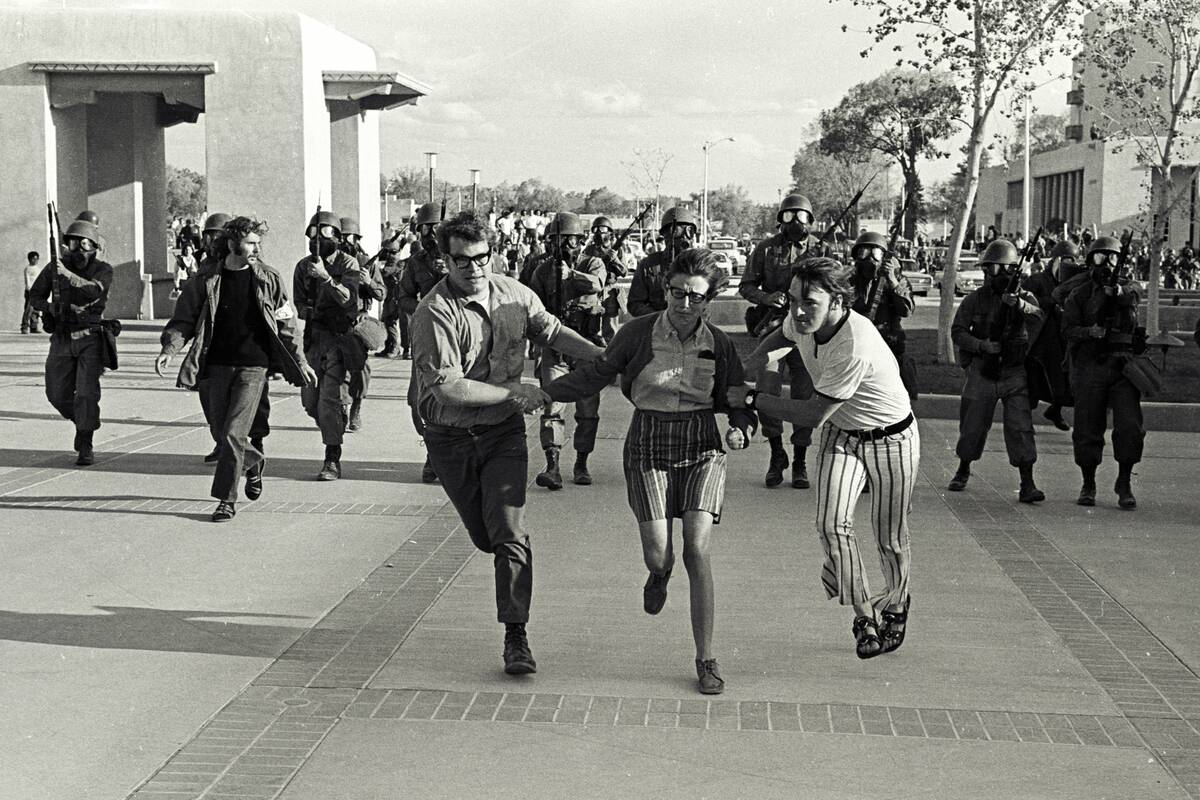
During an anti-war protest at Kent State University in Ohio, four students were shot and killed by members of the Ohio National Guard after guardsmen fired into a crowd of unarmed students.
Allison Krause, Jeffrey Miller, Sandra Scheuer, and William Schroeder were killed while nine others were wounded. The shocking violence became a grim symbol of Vietnam-era tensions and sparked student strikes and protests at hundreds of campuses around the country. Neil Young’s song “Ohio,” written as a direct response to the shooting, became a protest anthem.
The environmental movement grew significantly.
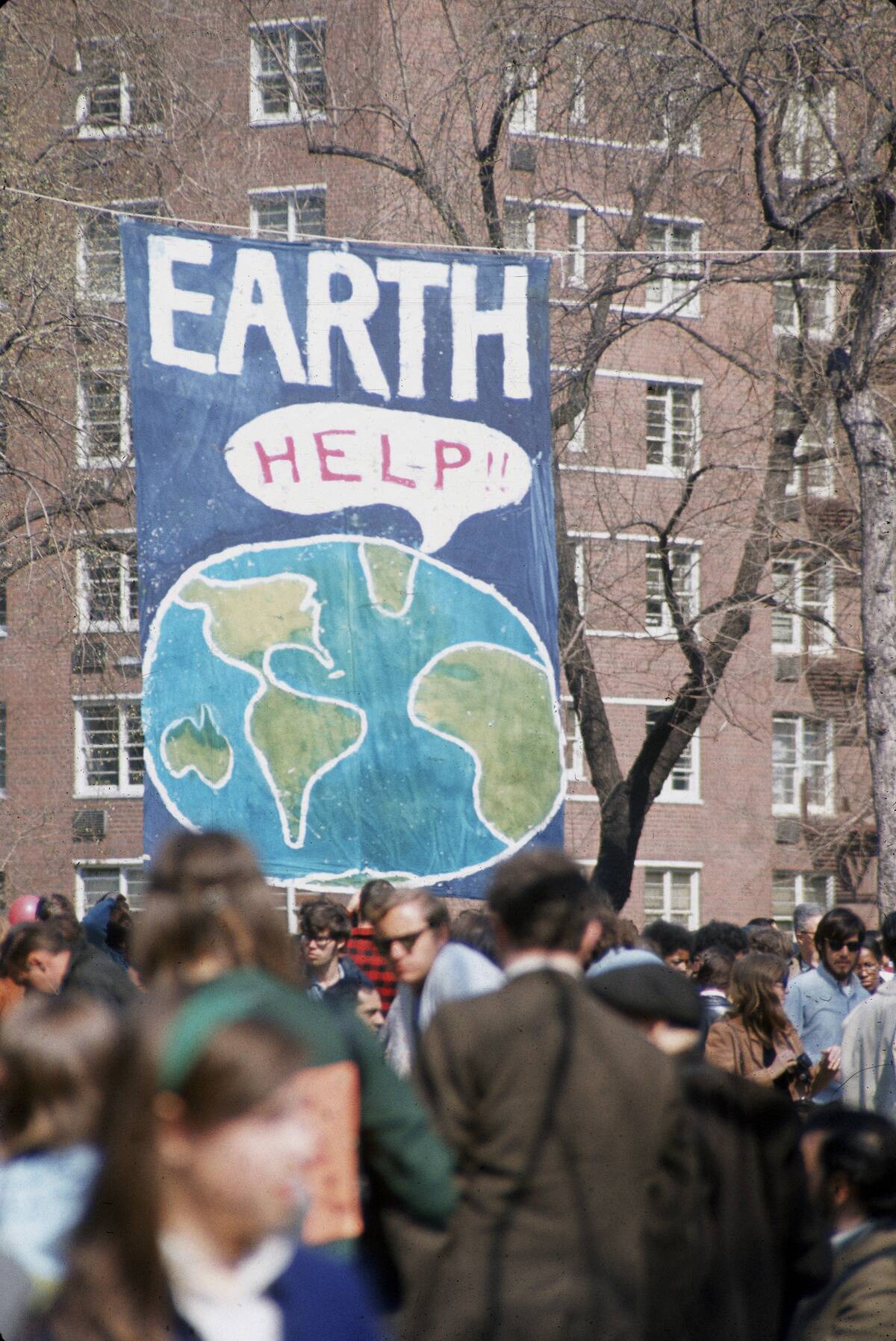
Earth Day is a central component of the modern environmental movement, and the first Earth Day was held on April 22, 1970. The event was the brainchild of U.S. Senator Gaylord Nelson and activist Denis Hayes, and was sparked by growing awareness of pollution and environmental activism.
The first Earth Day was a massive success, mobilizing millions of Americans in rallies and clean-up efforts across the country. The event also laid the groundwork for legislative action in the months and years to follow, and would become a global movement.
The U.S. invaded Cambodia.
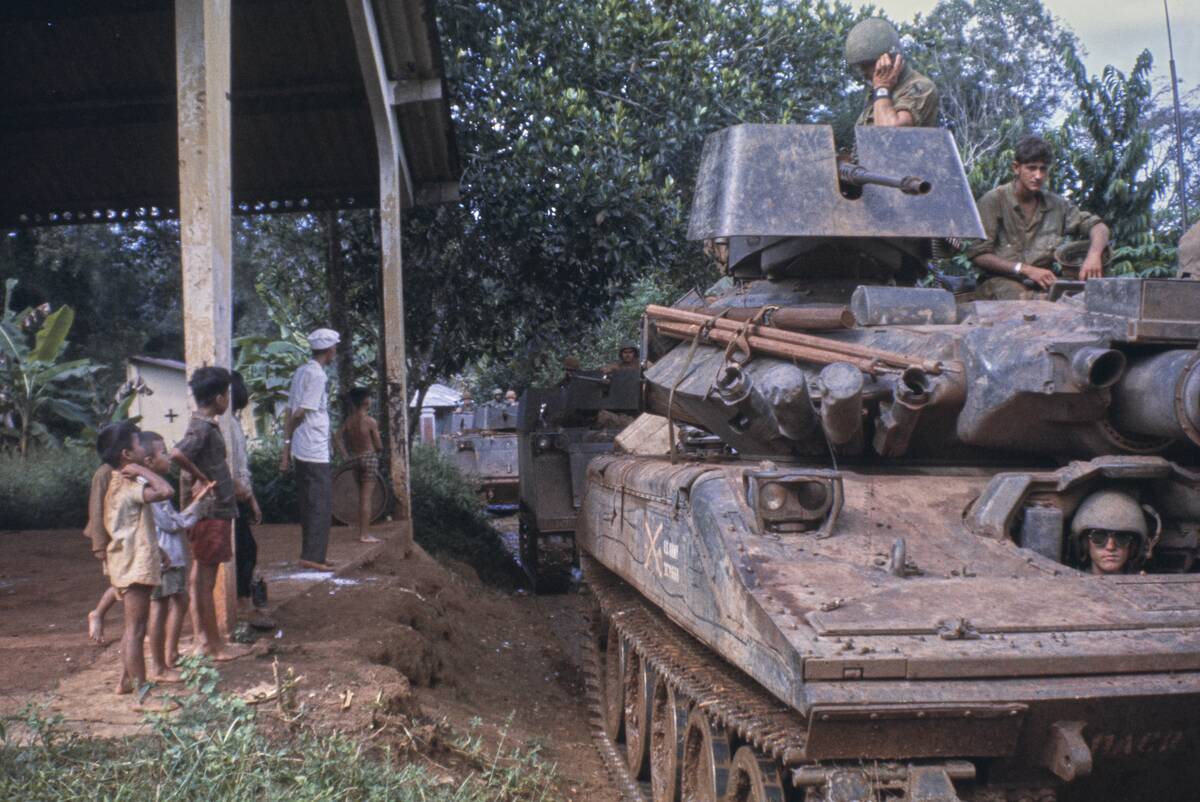
America’s involvement in Vietnam was already deeply unpopular when President Richard Nixon made the controversial decision to invade Cambodia in April. Cambodia was a neutral country, but Nixon framed the invasion as a limited, necessary action that would weaken North Vietnamese troops and in turn speed up the withdrawal of U.S. troops.
The decision was incredibly controversial and led to widespread protests and opposition in Congress. The operation in Cambodia turned out to be a tactical success, but the public outcry only served to make the Vietnam War even more unpopular.
The voting age was lowered to 18.
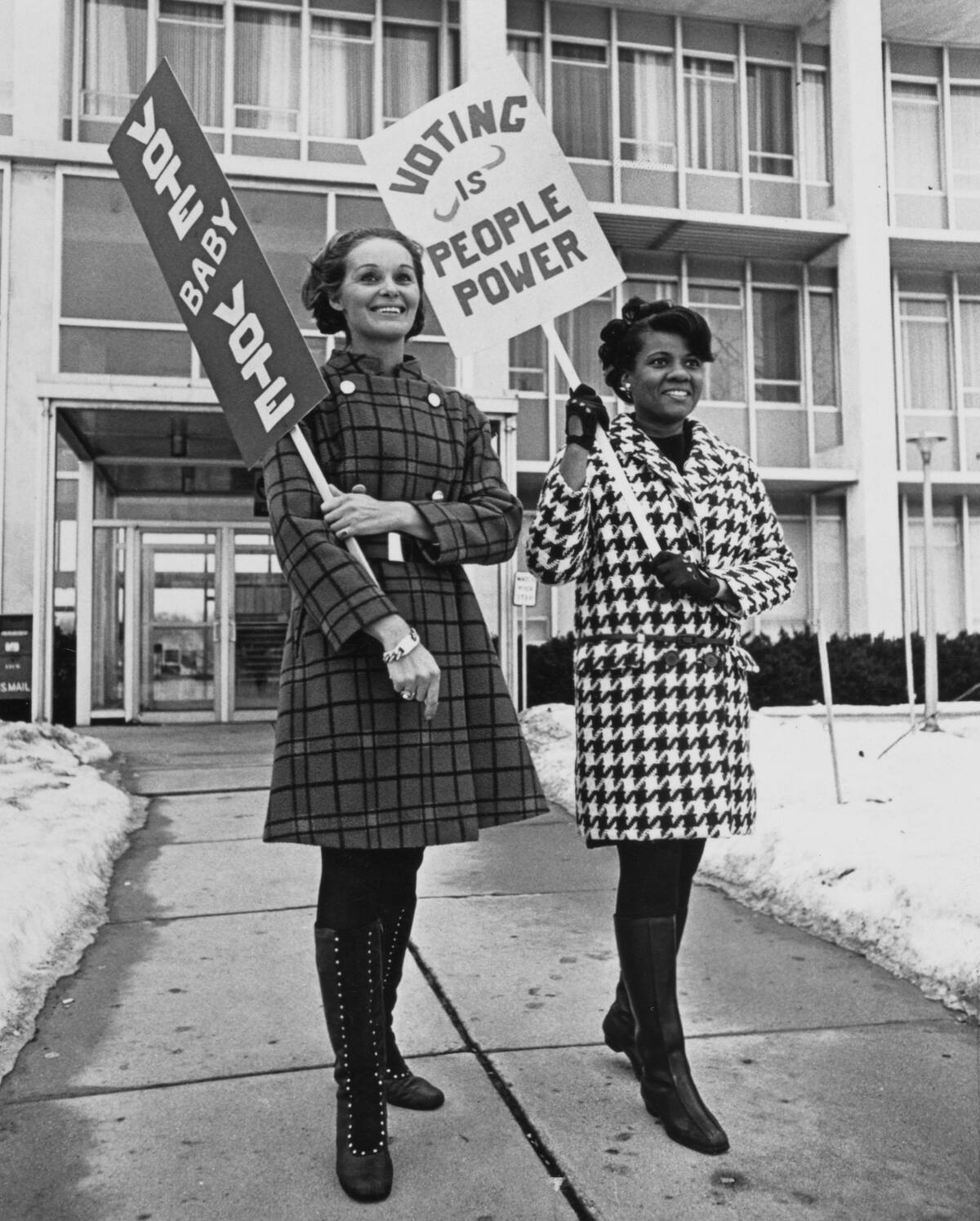
In June, Congress made the landmark decision to lower the federal, state, and local voting age to 18 from 21. It was the culmination of public pressure which grew during the Vietnam War, where the argument “old enough to fight, old enough to vote” gained traction.
While it’s somewhat overshadowed by other things that took place during this eventful era, the lowering of the voting age remains one of the lasting legacies of the youth activism that was so prevalent in the ’60s and ’70s.
Salvador Allende was elected in Chile.
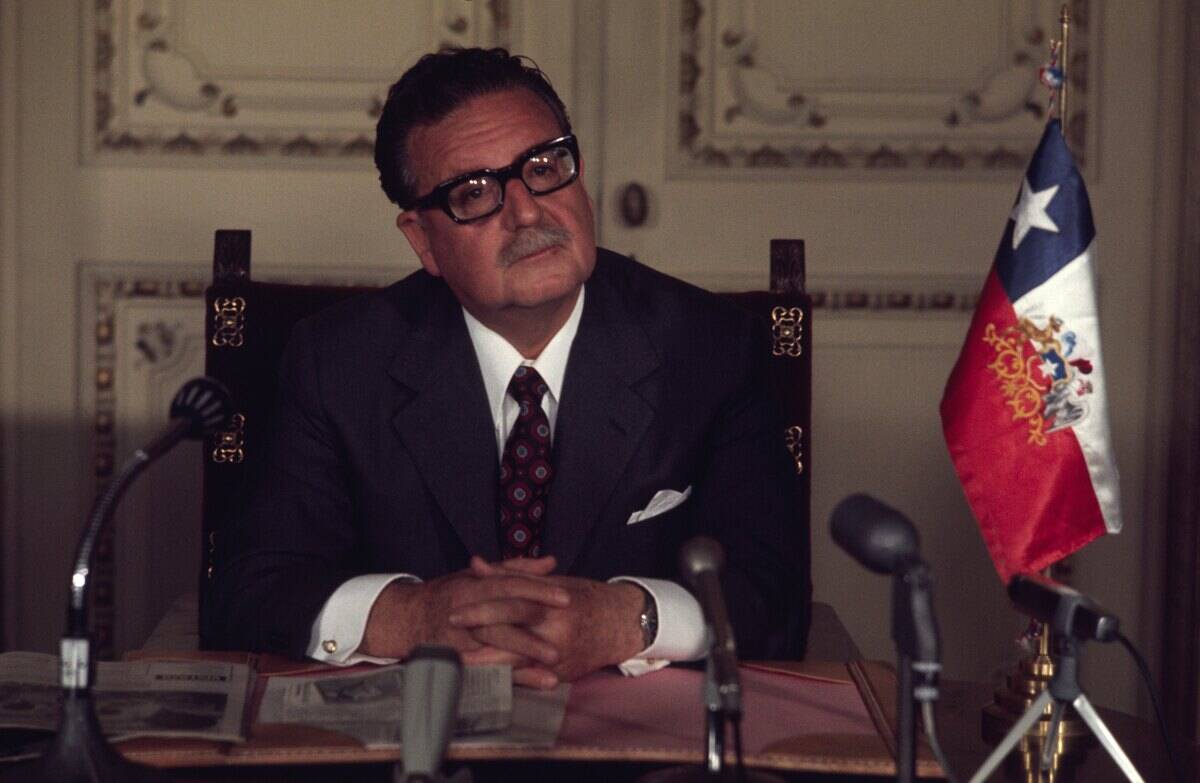
Salvador Allende, a Marxist physician and socialist politician, won the presidency of Chile in September, becoming the first democratically elected socialist leader in Latin American history in the process.
While Allende was legitimately elected, President Richard Nixon and the CIA almost immediately began covert efforts to undermine his government, as his socialist ideals were seen as being at odds with U.S. interests. Growing foreign interference would eventually result in a military coup to overthrow Allende in 1973.
The Chicago Seven received their verdict.
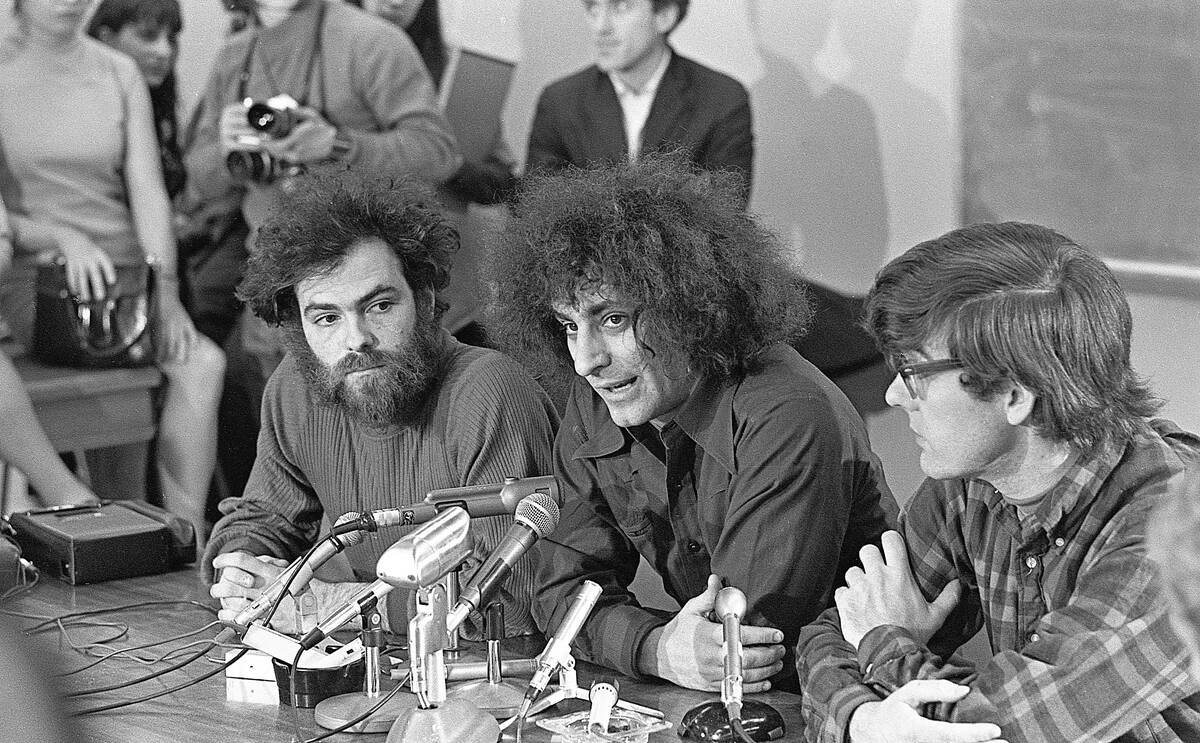
The so-called Chicago Seven — a group charged with inciting a riot at the 1968 Democratic National Convention — received justice in 1970 after five of its members were initially found guilty.
This guilty verdict was eventually overturned in 1970 on appeal due to judicial misconduct and procedural irregularities. The verdict helped to establish the Chicago Seven not as criminals, but as countercultural icons. Several of the members, notably Abbie Hoffman and Jerry Rubin, became household names.
Apollo 13 narrowly averted disaster.
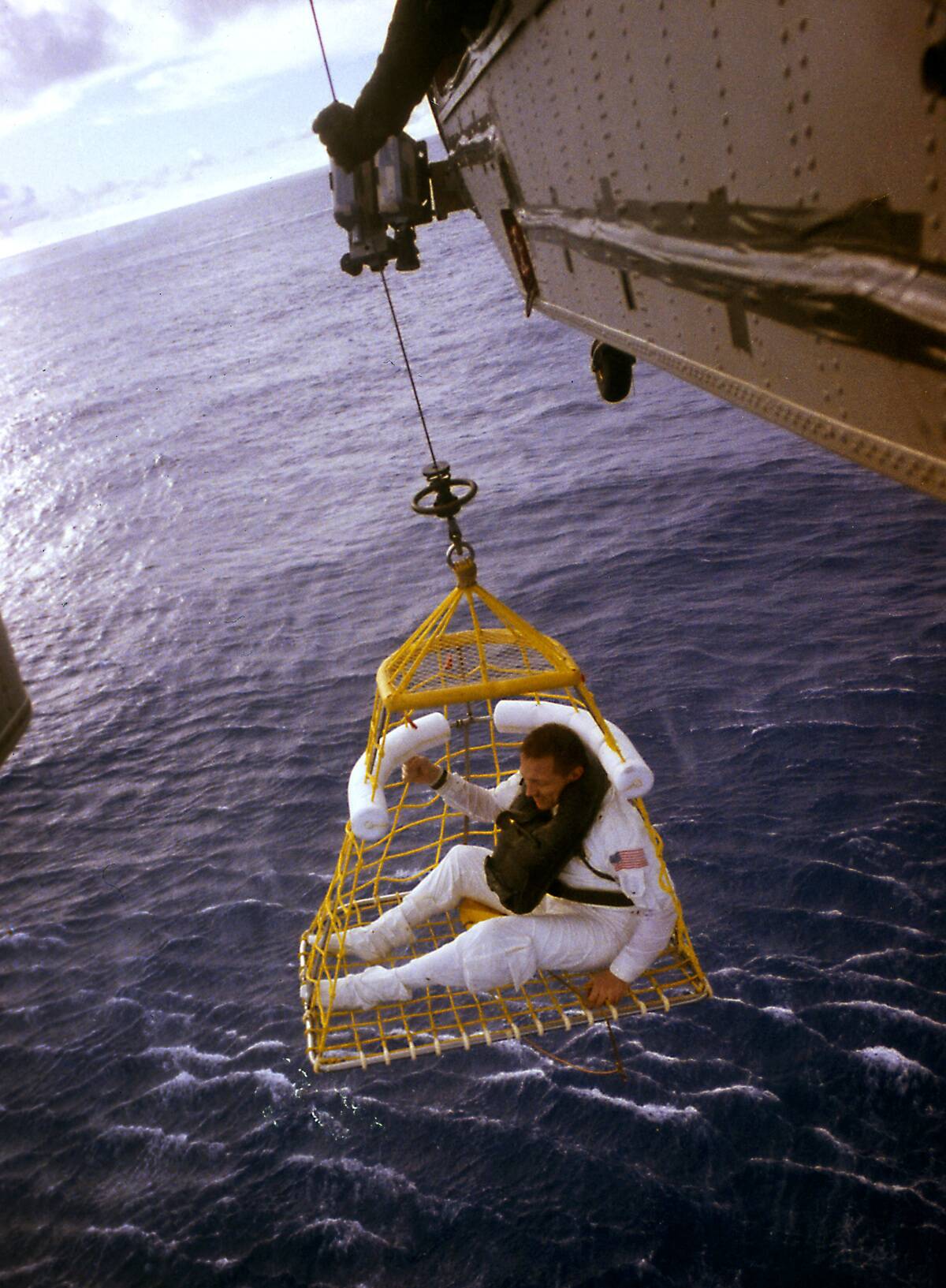
NASA had successfully landed men on the moon with Apollo 11 and Apollo 12, and Apollo 13 sought to make a third trip to the moon. However, just two days into the flight, an oxygen tank exploded in the spacecraft’s service module. This forced the crew to abandon their trek to the moon and instead fight for their survival as their oxygen supplies dwindled.
Thanks to a combination of teamwork, ingenuity, and collaboration with NASA engineers on Earth, the astronauts were able to improvise a solution and return to Earth unharmed. While they didn’t reach the moon, Apollo 13 became one of NASA’s proudest moments.
The Weather Underground experienced an explosion.
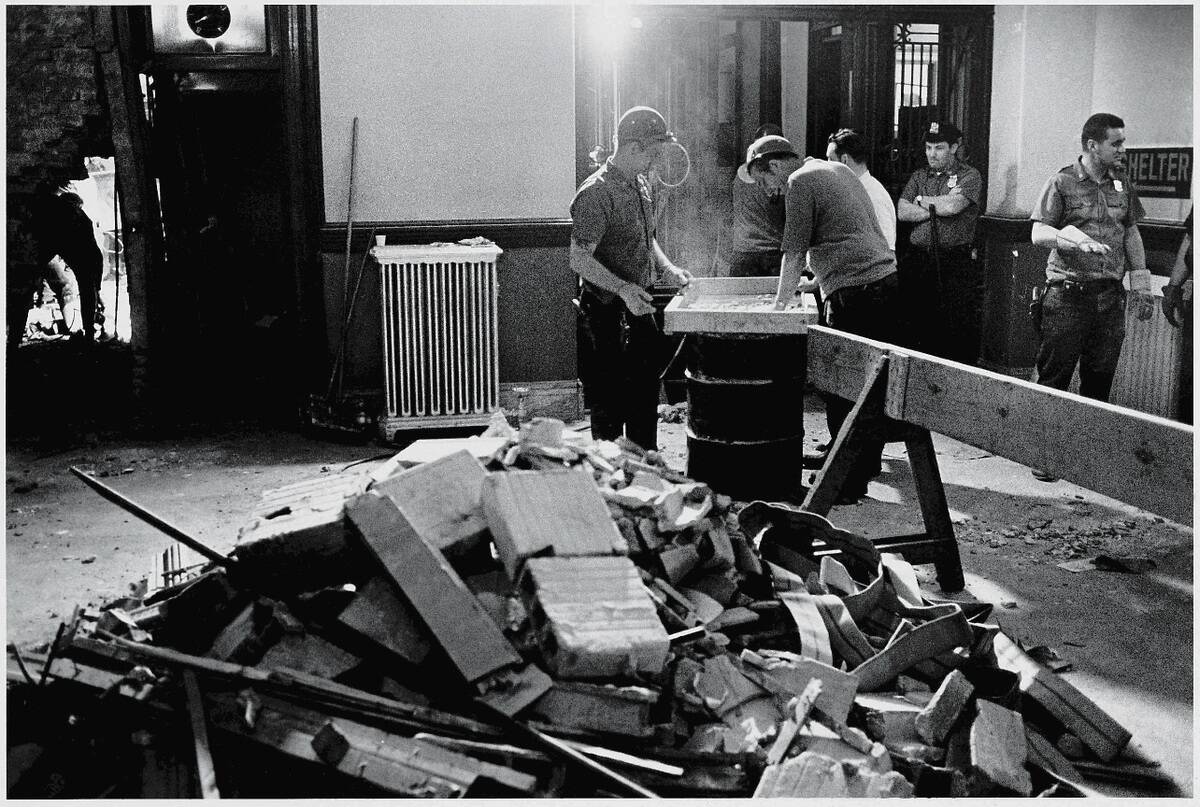
On March 6th, an explosion ripped through a townhouse in New York’s Greenwich Village, killing three people and destroying the building in the process. Investigators quickly ascertained that the blast was an accident, and that its perpetrators and victims were members of the Weather Underground, a radical leftist group.
It’s believed that the group had been working on an incendiary device to be deployed at a military dance when it unexpectedly blew up. It prompted surviving members of the Weather Underground to go into hiding and adopt false identities.
Unimaginable tragedy struck a football team.
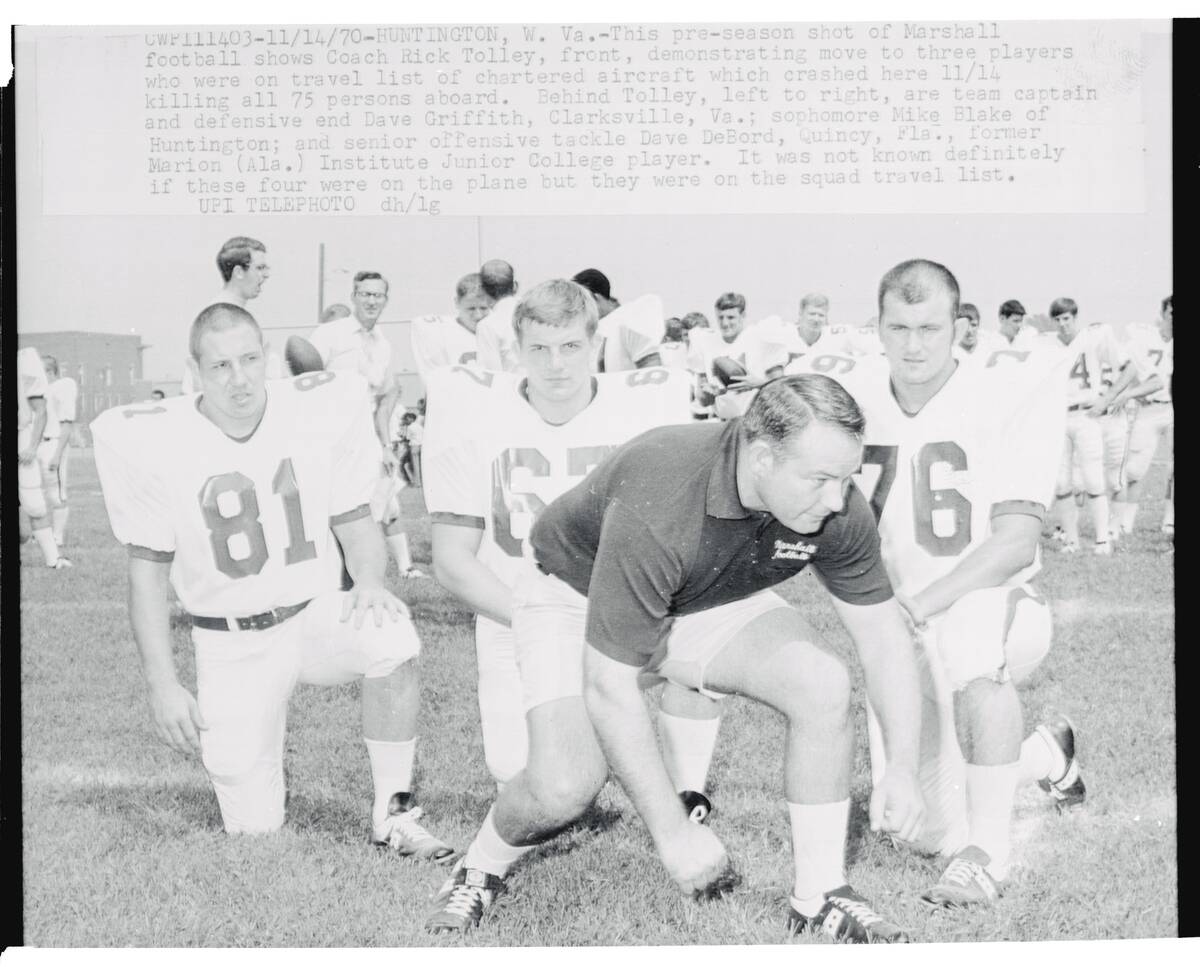
A Southern Airways DC-9 jet crashed into a hill in West Virginia on November 14th, killing all 75 people on board. Those killed included 37 members of the Marshall University football team, along with coaches, staff members, fans, and flight staff.
Shocked Marshall students gathered the next day for a memorial service on campus, and a mass funeral was held soon after. It’s a tragedy that looms large over Marshall, its football team, and the community of Huntington, West Virginia, to this day.
The EPA was officially established.

At the tail end of 1970, President Nixon officially established the Environmental Protection Agency, which signalled a major shift in federal environmental policy.
Environmental disasters such as the 1969 Cuyahoga River fire, in which pollutants caused a river in Cleveland to literally catch fire, sparked a grassroots environmental movement. Events like Earth Day continued this momentum, and government agencies such as the EPA were created in response to this growing public awareness.
Simon & Garfunkel released their swan song.
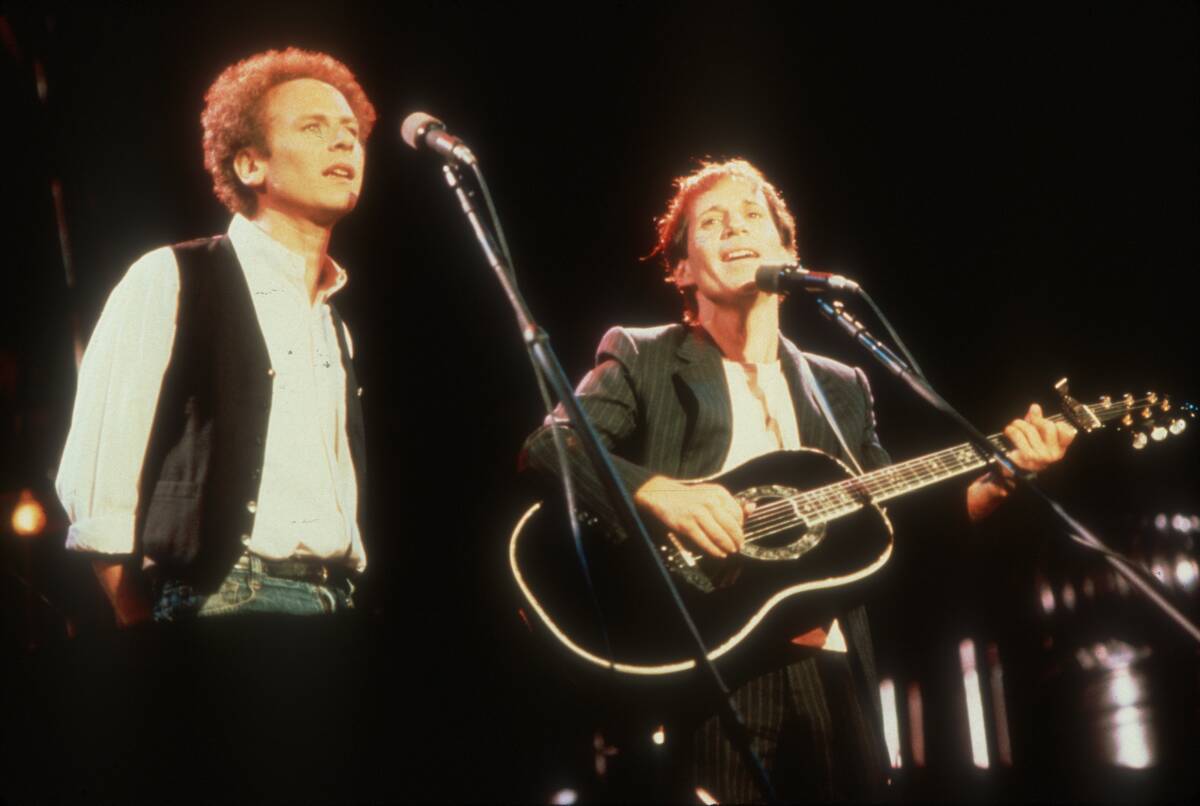
Simon & Garfunkel’s album Bridge Over Troubled Water was released in January and its title track became an appropriate swan song for the iconic folk duo, as they would not release another studio album together.
The album was a massive success, earning multiple Grammy Awards and containing additional hits like “The Boxer,” “Cecilia,” and “El Condor Pasa.” However, simmering creative and personal differences between Paul Simon and Art Garfunkel led to their breakup later that year.
Jimi Hendrix and Janis Joplin passed away.
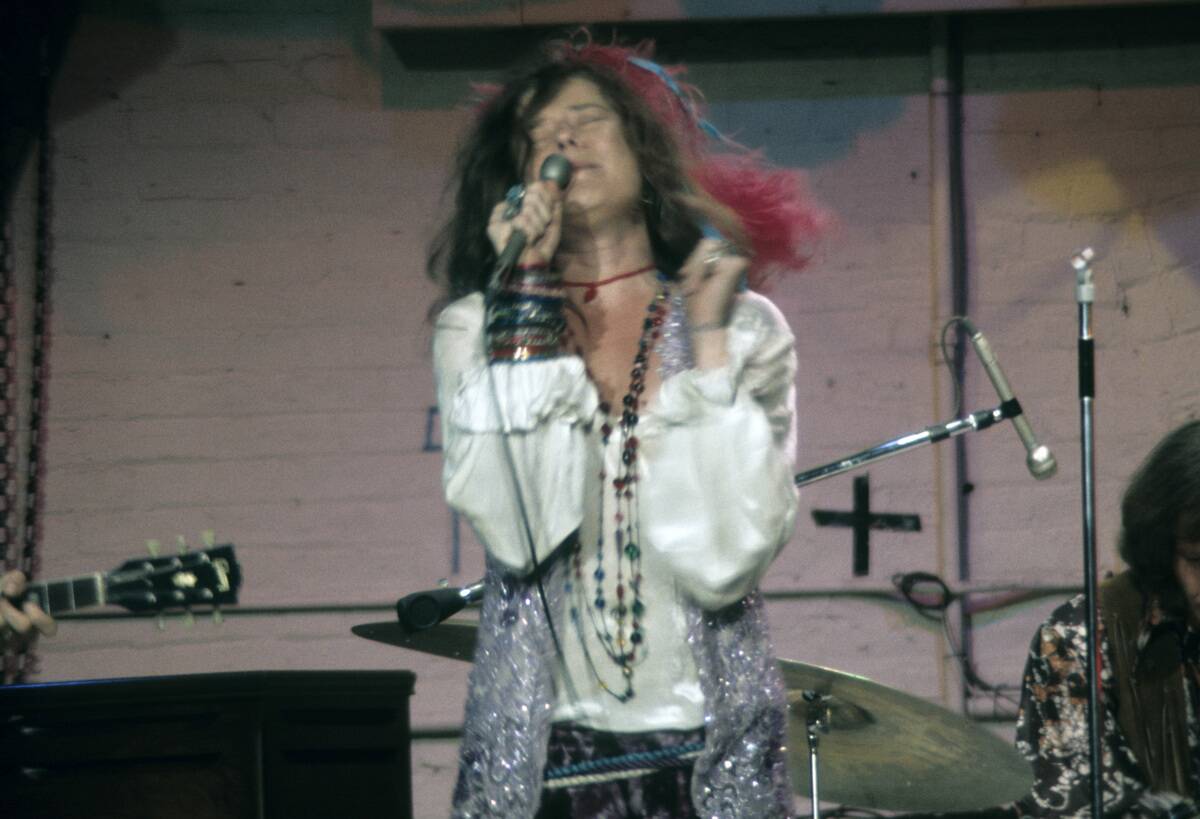
With the breakup of the Beatles and Simon & Garfunkel, it felt like the end of a musical era. This feeling only increased when Jimi Hendrix and Janis Joplin, both 27 years old, passed away within a month of each other in 1970.
Hendrix was found dead in London on September 18th from asphyxiation after taking sleeping pills and alcohol. On October 4th, Joplin died in Los Angeles from a heroin overdose. Both artists were tremendously successful during their lives, and became icons in death.
The Women’s Strike for Equality took place.
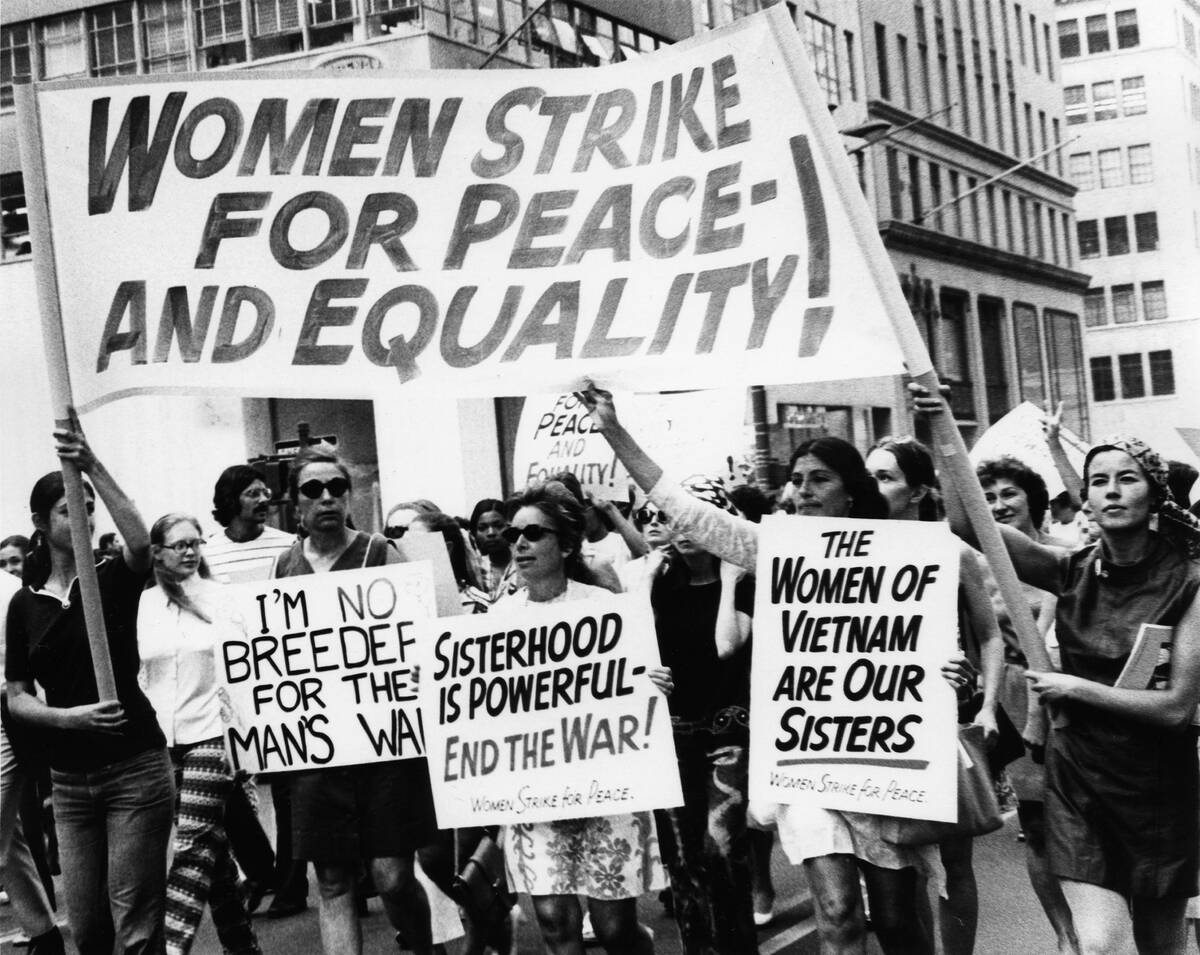
The Women’s Strike for Equality was held on August 26th to commemorate the 50th anniversary of the ratification of the 19th Amendment, with granted American women the right to vote.
The event took place across the United States and was organized as a general strike, drawing in tens of thousands of participants. Women demanded equal pay, access to child care and birth control services, and an end to gender discrimination in the workplace.
The U.S. scrapped the gold standard.

In the midst of rising inflation, widening trade deficits and a dwindling gold reserve, the United States started to move away from the Bretton Woods system, which had previously pegged major currencies to gold and the U.S. dollar.
The Nixon administration began restricting gold outflows and preparing for a shift in global monetary policy. The official decoupling from the gold standard became official in 1971, reshaping international finance in the process.



